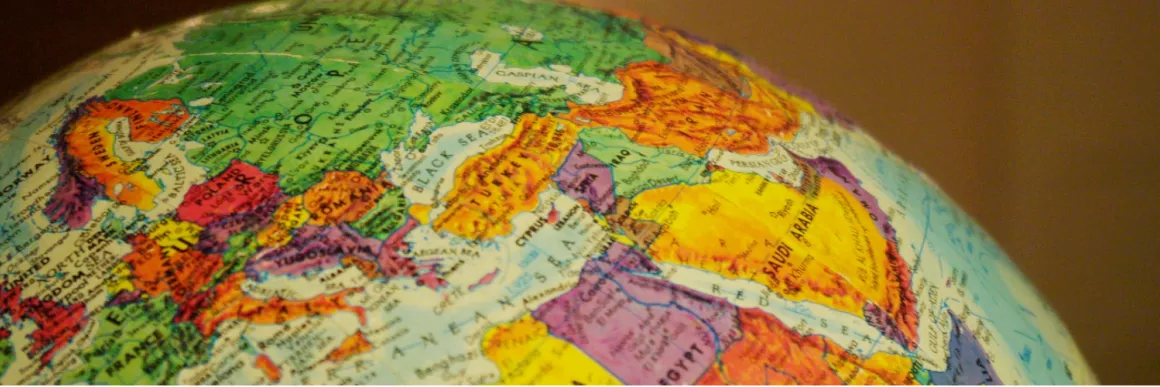The essays on Teaching Global Romanticism collected here present varied approaches to teaching Romanticism in a global context through individual assignments, units, and syllabi. The contributors share ways to enrich pedagogical approaches to Romantic literature and culture with texts and ideas from beyond Britain and America. These essays discuss how literature guides students’ engagement with international themes and issues in the Romantic period and after. The initiative for this volume began under the leadership of William Stroup.
Appendix A: Readings for Literature and Culture of the Romantic Period: The Logic of Culture
Eric GidalAbstract
We hold these truths to be self-evident, that all men are created equal, that they are endowed by their Creator with certain unalienable Rights, that among these are Life, Liberty and the pursuit of Happiness. —That to secure these rights, Governments are instituted among Men, deriving their just powers from the consent of the governed...
Abstract
The class will discuss themes common to Romantic-era writing, such as nature, utopia, freedom, the grotesque, and the uncanny across several fictional genres (poetry, drama, prose, memoir, and novellas). Students will leave the course with an appreciation for the ways in which literary movements transcend national and generic borders.

